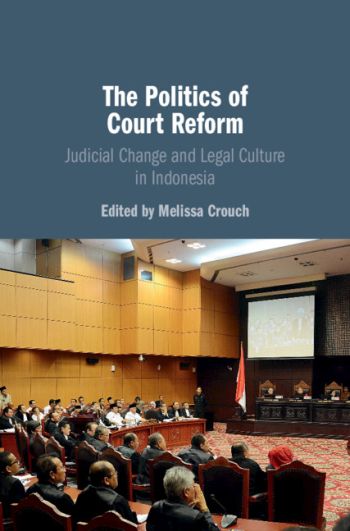
Indonesia is the world's third largest democracy and its courts are an important part of its democratic system of governance. Since the transition from authoritarian rule in 1998, a range of new specialised courts have been established from the Commercial Courts to the Constitutional Court and the Fisheries Court. In addition, constitutional and legal changes have affirmed the principle of judicial independence and accountability. The growth of Indonesia's economy means that the courts are facing greater demands to resolve an increasing number of disputes.
This volume offers an analysis of the politics of court reform through a review of judicial change and legal culture in Indonesia. A key concern is whether the reforms that have taken place have addressed the issues of the decline in professionalism and increase in corruption. This volume will be a vital resource for scholars of law, political science, law and development, and law and society.